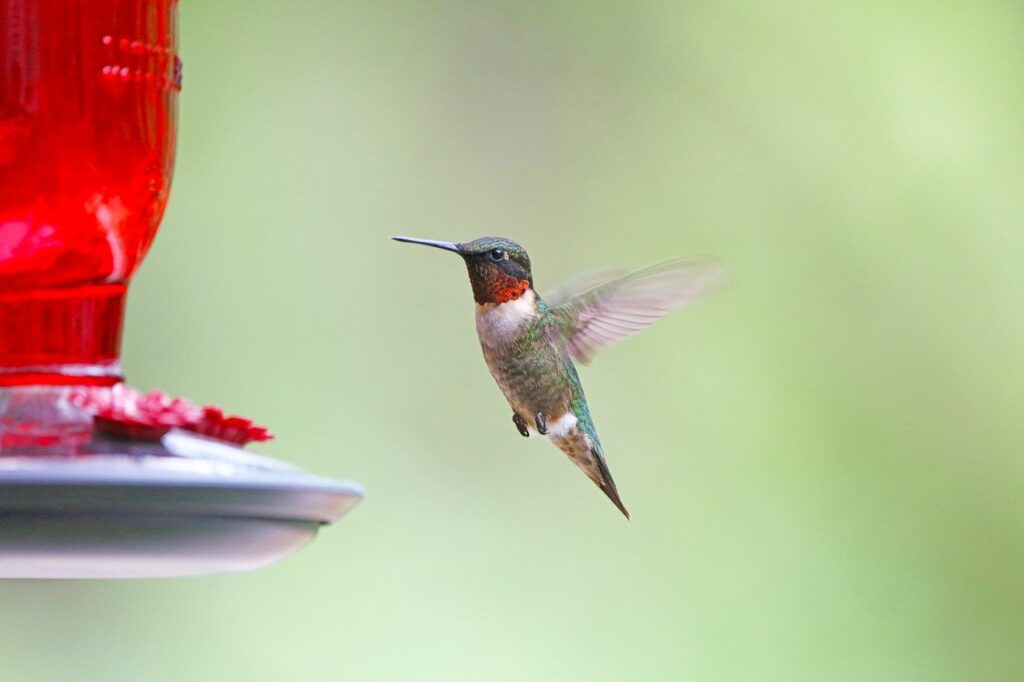Plastic bags are offered wholesale purchases at a portion of a cent per piece. On the other hand, paper bags generally cost 5 cents or more per piece. Recyclable cloth bags, which are gaining in popularity as ecological sustainability becomes a more widespread concern, can cost as much as a few dollars each. In large volume, plastic bags have apparent overhead cost benefits for stores and their earnings margins.
Plastic bags are quicker to open, pack, and double up than paper bags. While those few seconds might seem nominal, for busy cashiers, this can help keep lines moving effectively. Plastic bags likewise need less space than paper bags, both in storage and at cashier stations, and weigh about one-tenth as much. Multiple-use bags use up the most space, and while their weight varies, they are all substantially heavier than plastic or paper bags.
The source substances of polyethylene differ, but are usually some kind of fossil fuel. Both petroleum and gas are common sources and important active ingredients in almost all plastic bags available today. Properly improved, they yield ethylene, which is in turn made into polyethylene. This procedure is used primarily with natural gas, which yields a very flexible polyethylene compound that can be formed into almost any shape and made in any color.
LDPE is used to make lots of thin, versatile products like plastic bags for dry-cleaning, newspapers, bread, frozen foods, fresh produce and garbage. Many shrink-wrap and stretch film is likewise made out of LDPE, in addition to coverings for paper milk containers and non reusable beverage cups. Producers also utilize LDPE to produce thin container lids, squeezable bottles and some toys.
Plastic bags are made from an ubiquitous polymer compound called polyethylene. This begins as ethylene, typically extracted from gas, then dealt with to become the polymer, forming long chains of carbon and hydrogen atoms. These chains can differ depending upon what type of polyethylene is being used, however they all help develop various types of plastic bags.
A polymer is a basic term for any molecule that is a long string of smaller repeating parts formed by carbon-carbon bonds. The bonds can form long straight chains known as direct polymers, or parts can branch off from the chain, forming branched polymers. The polymers can likewise be cross-linked. The simplest and most environmentally mindful choice is to utilize them for the function that they were intended– to carry groceries. Simply put them back in your automobile and take them to the shop and reuse them to bring home the next batch. Now this is saying that the store uses a good quality of plastic bag. That seems to be slipping recently, thus many other things, however as long as the quality is pretty good, they can be utilized a few times prior to discarding them.
Plastics are produced from a group of synthetic particles known as polymers. Polymers are large, simple to produce and comprised of a repeating molecular pattern created by units called monomers. In plastic bags, these duplicating structures are made from ethylene. Ethylene is chemically changed into polyethylene, the building block of all plastic bags. Polyethylene is comprised of many winding chains of carbon atoms, interlaced with and bonded to hydrogen atoms. Since plastic is formed in this patterned structure, it is easy to manipulate into a range of shapes and densities.
While shopping bag plastic is recyclable, it can not be remade into a natural state, and when produced should stay as an artificial compound for the rest of its life. Instead of being recycled as new plastic bags, many bags are used to develop other artificial materials such as composite lumber. In packaging pouch , plastic bags are the preferred ecological choice, not because of their recyclable qualities but because of their manufacturing procedure, which utilizes around 70 percent less energy and releases 50 percent less greenhouse gas particles than alternatives like paper bags.
7 Stylish Concept For Your Plastic Bag Supplier
4 Mins Read
Keep Reading
Subscribe to Updates
Get the freshest updates and insights from Community64, your go-to source for the latest trends and happenings in the creative world. Don't miss out—stay informed and inspired!
© 2025 Community64.net Ragnar.
